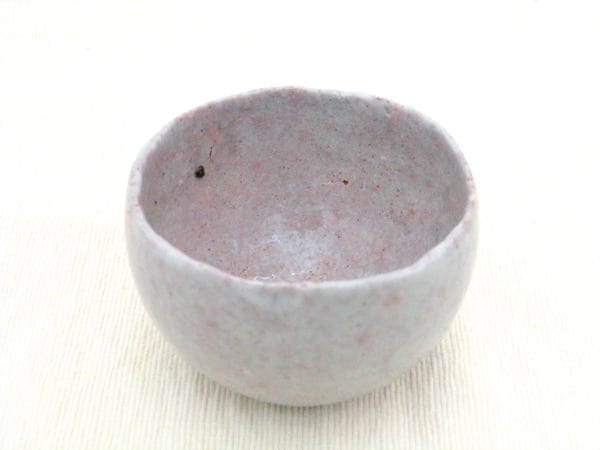
there you are.
Years ago, I wrote a piece for ParentMap that included this sentiment. It was aimed at parents who were paralyzed by helping their adolescent choose the right school for them, but for the last few days, that phrase has been appearing in my head when things are quiet, this time for a very different reason.
Wherever you go, there you are
A few days ago, I woke up with a horrible thought: what if my youngest and her boyfriend decide to move back to Seattle from LA? Some of you know that their move to Los Angeles was what prompted me to start thinking about relocating away from Seattle – the notion that none of my kids would likely choose to (or be able to afford to) live in Seattle, and my absolute refusal to be a plane ride away from all of them. I didn’t uproot myself to follow them, but I did feel as though this new town was close enough to them and also had many of the characteristics I wanted in a new home that it was the right thing to do.
Best laid plans and all that….
It’s not unusual that I’d be taking some time to find my footing here. I want to create strong, foundational relationships and a community for myself that feels nurturing and vibrant and rooted in my values and passions and I know that will take time. And I also know it’s terribly unlikely that the kids will decide to leave LA for somewhere a plane-ride’s distance from me. But it got me thinking about where I am mentally and emotionally and my conclusion seems to be (at least the phrase that is emerging over and over again is):
wherever you go, there you are
This morning, the emergent wisdom that accompanied that phrase was that my work right now is to really get to know and like myself. Not just get comfortable in my own skin, but celebrate it, revel in it, make no apologies for it. My work is to become so clear on who I am that when I am complimented for it, I don’t shrink back or demur, I expand into it and embrace it.
So how does one go about learning to like themselves?
I don’t know, which is why I make a better writer than a lawyer. Lawyers are taught to never ask questions they don’t already know the answer to. Writers are the ones who ask all sorts of questions they don’t know the answers to. My friend Susan calls me a “seeker,” and she’s quite right. I always have more questions than answers and the good news is that I am very comfortable in that space.
If I figure out how to do this, you can be sure I’ll share. For now, I’ll sit in the sunshine watching the hummingbirds and chickadees feed and listen for guidance. Because here is where I am at the moment.





 Abundance is like that. You can’t simultaneously hold two opposing thoughts in your head. Something is either black or white, it can’t be both at the same time. Once I trained my brain to notice the things I do that come from love and kindness and generosity, I was more likely to reinforce the belief that I am loving and kind and generous. And I was more likely to act in those ways as well.
Abundance is like that. You can’t simultaneously hold two opposing thoughts in your head. Something is either black or white, it can’t be both at the same time. Once I trained my brain to notice the things I do that come from love and kindness and generosity, I was more likely to reinforce the belief that I am loving and kind and generous. And I was more likely to act in those ways as well. 

